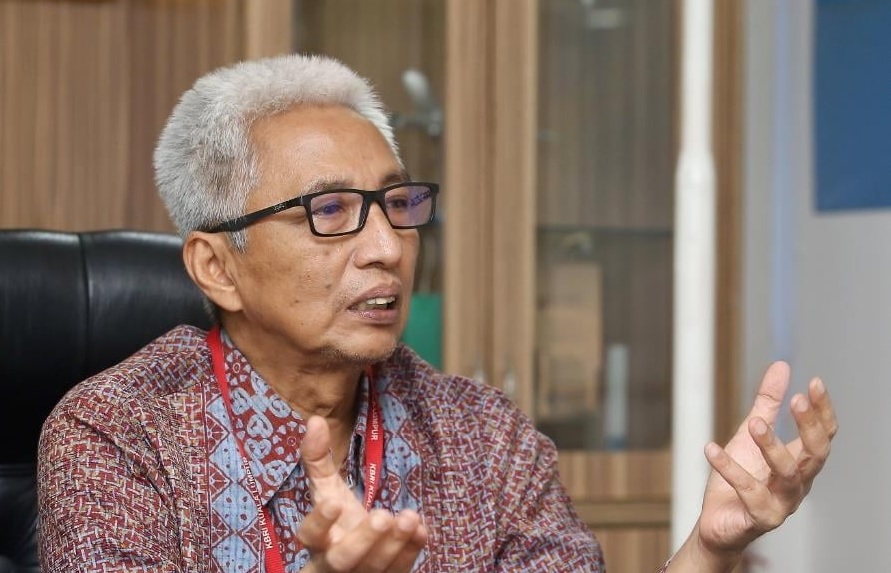Indonesian Ambassador to Malaysia Hermono has stressed the need to strengthen people-to-people ties among Malaysia and Indonesia.
He noted that disharmony in people-to-people relations could undermine the bilateral relations between the brotherly nations in the long run.
The diplomat said Malaysia and Indonesia could serve as an anchor for the Southeast Asian region, but this could not be achieved if the serumpun (family) sentiment or the feeling of ‘oneness’ was not embraced by the people of both countries.
“Politicians and leaders always come and go. In Malaysia, within the last five years, you have seen four prime ministers. So we cannot rely on politicians, but people-to-people relations will be permanent,” he said at a Seminar titled ‘Fraternal Function in Migration: Reshaping Malaysia-Indonesia Future Relationship’ at Universiti Malaya, here on Tuesday.
Hermono highlighted three issues that often triggered friction among the people of both countries – mistreatment of Indonesian migrant workers, border disputes and shared cultural heritage.
He said both countries managed to find solutions to two of the problems. The disputes over cultural icons can be resolved by jointly submitting shared cultural heritage to Unesco.
Meanwhile, two landmark treaties on the delimitation of the nations’ territorial seas in parts of the Straits of Malacca and the Sulawesi Sea were signed during President Joko Widodo’s visit to Malaysia early this month. Both countries also pledged to resolve other land boundary issues by June 2024.
However, he said the issues concerning Indonesian migrant workers such as mental and physical abuse, unpaid salary as well as exploitation, were yet to be resolved.
“Last week we received a labour court verdict. A domestic worker has been working for 16 years, but the employer just paid her (maid) for the first six years.
“We found many cases of unpaid salaries like this,” he said, stressing the need to strengthen the protection of Indonesian migrant workers in Malaysia.
To assist Malaysia in addressing the issue of undocumented Indonesian workers, Hermono said the country has conducted massive operations in recent months to combat human trafficking.
“Around 480 traffickers have been detained and these (operations) will continue and hopefully by doing so, we (Indonesia) will reduce the number of undocumented workers in Malaysia. We cannot rely on Malaysia alone to solve this problem,” he said adding that employers tend to hire illegal workers to reduce costs.
According to a statement by the Malaysian Immigration Department on June 10, there are 450,000 Indonesian workers recorded by the Malaysian government so far, compared to 1.5 million workers recorded by the Indonesian Embassy in Kuala Lumpur.
Hermono also highlighted the negative perceptions towards Indonesian migrants among Malaysians which also created friction between the people of both countries.
“So, this is another homework for both governments to work on. Otherwise, we are going to have a very complicated relationship in the next 20 years,” he said.
Source : NST


